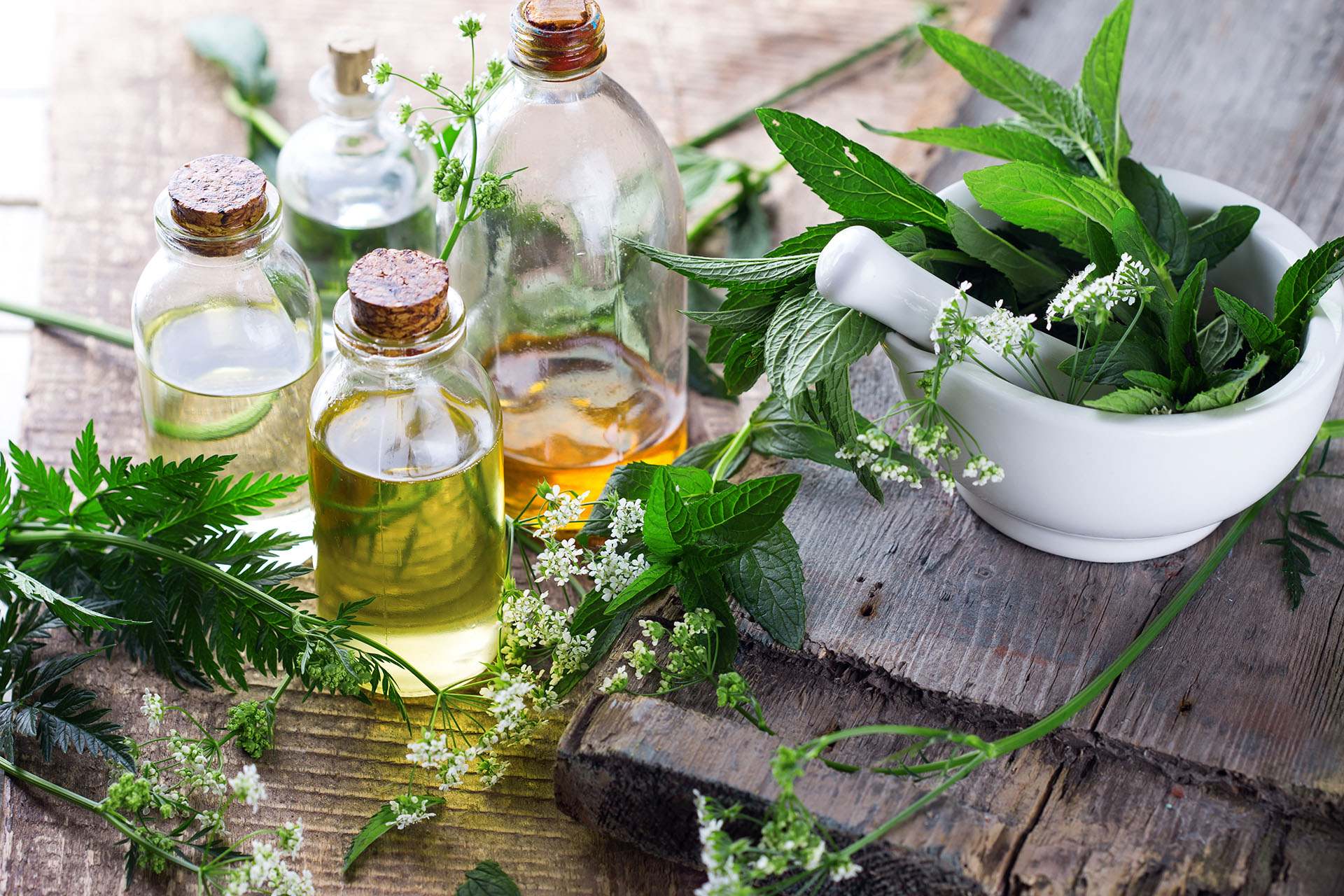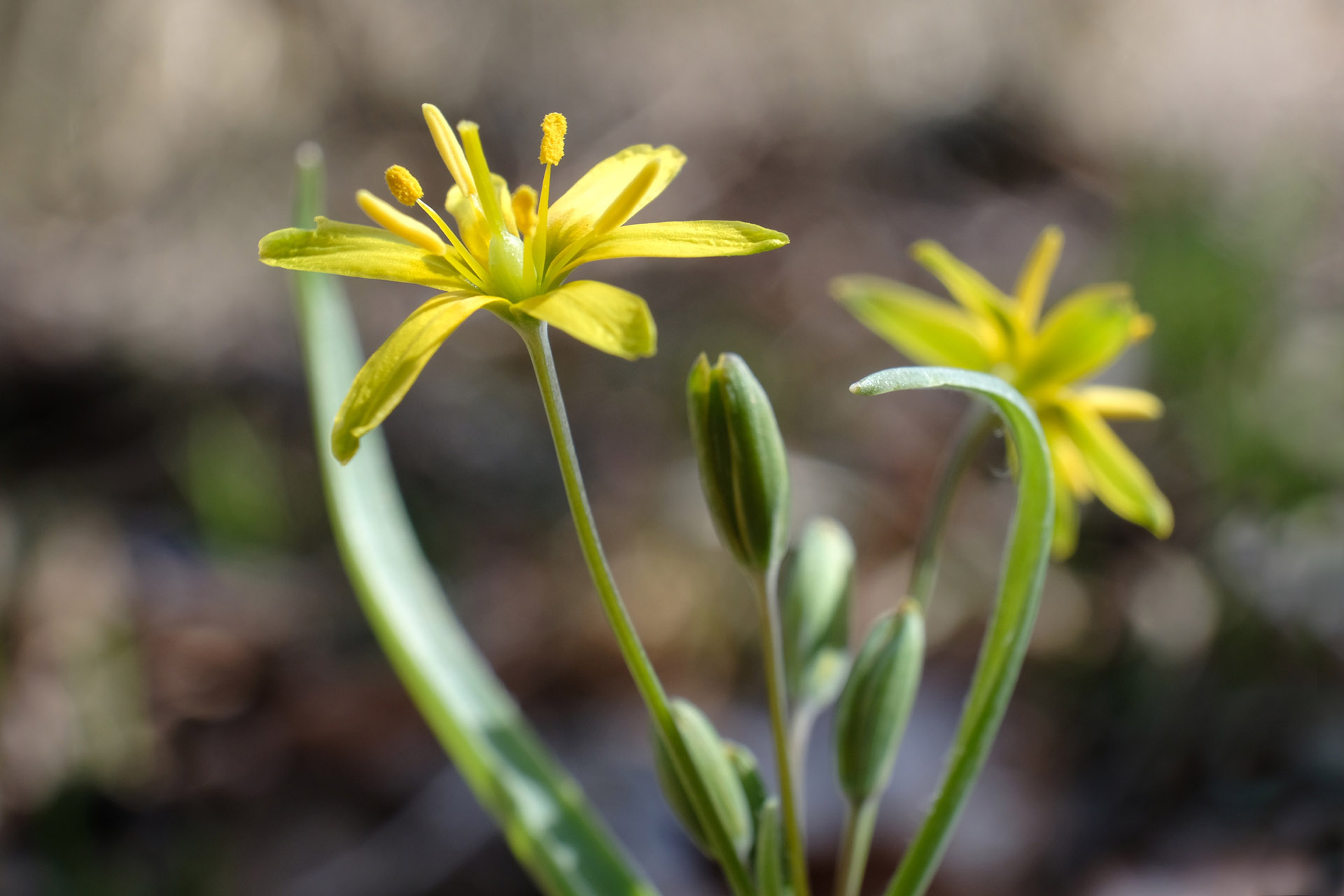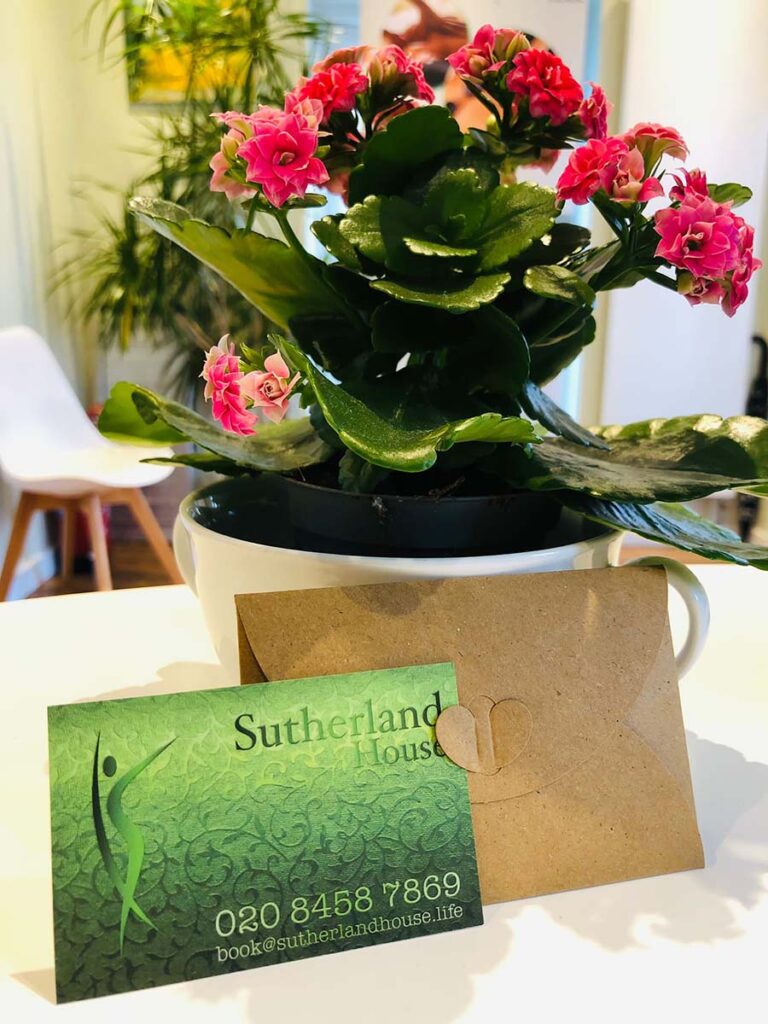By Marina Townsley

However, it is the educated middle class that turns to health foods, botanicals and herbal remedies all over the world today. The report on Herbal/Traditional Products in the United Kingdom published by Euromonitor International states that ‘traditional herbal products benefited from an increasingly educated consumer base, which uses herbal remedies to complement other medicines or vitamins and dietary supplements to prevent health conditions and to improve their general health.’
According to WHO statistics, 80% of the population in some Asian and African countries depend on traditional herbal medicine for primary health care. Despite the attempts of new European legislation to bring the sale and use of herbal products under control, herbal medicine enjoys strong popularity in Germany, France, Spain, Scandinavia and Eastern European countries. In Germany, for example, about 700 plant based medicines are available and prescribed by 70% of German physicians.
As the dangers and side effects of pharmaceutical drugs come to light either through scandal (prescription of Prozac to teenagers, which led to cases of suicide) or through research and deeper understanding of how these drugs work (hence the numerous warnings in the instruction leaflets and the existence of side effects reporting procedures like Yellow Card Scheme), the consumer turns to traditional medicine, which has withstood the test of time.
Herbal Medicine has proven itself in practice over thousands of years and has been used by millions of people all over the globe. Herbal medicines have been in use longer than any scientific trial or study; the number of people involved bigger than any group selected for a trial. The knowledge of medicinal plants was passed from generation to generation, often within families. Herbal healers observed how sick animals and birds would eat particular herbs or plants in an attempt to self-medicate or purge themselves. From the clay tablet records of the Sumerians 5,000 years ago and the Ebers Papyrus of the Ancient Egyptians, which contains information on over 850 plant medicines to modern hi-tech phytotherapy, the study of herbs has been continuous, consistent and cumulative.
Herbs are pharmacologically active and therefore serve as raw material for drugs. The historic records of practical, hands-on herbal knowledge served well in the development of pharmaceuticals. Today, ethnobotany is viewed as a way forward to discover new medicines. New antimalarial drugs were developed from the discovery and isolation of artemisinin from sweet wormwood used in China for 2,000 years. Researchers have identified 122 chemical compounds used in modern medicine, which were derived from traditional herbal sources. Aspirin, digoxin, ephedrine, quinine, atropine, colchicine are just a few examples of medicines that originate from plants.

There are certain herbs that demonstrate excellent therapeutic results for some specific conditions. One of them is St.-John’s-wort, which is well-known for its antidepressant effects. Most studies have shown that St.-John’s-wort may be an effective treatment for mild to moderate depression, and has fewer side effects than most other prescription antidepressants. Others are Echinacea, which may improve the body’s natural immunity or lemon balm and sage, which increase mental ability in patients with Alzheimer’s. There are many more that together with Western herbalism, Ayurveda and traditional Chinese medicine treat a host of health conditions like eczema, diabetes, IBS, anxiety disorders and high cholesterol with good clinical outcomes.
A major benefit of herbal medicine is that they are generally safer than synthetic pharmaceuticals. Herbs taken as a whole will have compounds in them that buffer their action. For example, meadowsweet is used to treat stomach ulcers although it contains salicylic acid which taken as a pill (aspirin) can actually induce stomach ulcers. A whole herb may contain liver protective compounds or exert a number of positive ‘side effects’, which will improve other health problems that one does not expect it to address. This is because plants, being chemically complex live organisms, often have several medicinal actions.
However, this is not to say that herbal products are harmless because they are natural. They may cause allergic reactions specific to an individual or adverse effects if they are of poor quality, adulterated or confused with other herbs which may be toxic when used inappropriately or alongside prescription medication without being checked for possible interactions. This is where the guidance of a qualified herbalist becomes invaluable. They will ensure that your herbs come from a reputable source, passed quality control and are given to you in doses relevant for your age, weight and health condition.
Another problem is that medicinal herbs, which are collected in the wild may be over-harvested. False unicorn root used to treat the ovaries is nearly extinct in the wild today. The same fate faces Golden seal, a natural antibiotic and blood-cleansing herb. The WHO has raised concern that poorly managed collection and cultivation practices could lead to the destruction of natural resources. It acknowledges the fact that herbal medicine is here to stay but calls the international community to make efforts to preserve both plant populations and traditional knowledge of how to use them for medicinal purposes.

written by
Naturopath
Nutritional Therapist & Herbalist
Dip CNM mBANT NTCC CNHC ANP AMH
FSM Practitioner
